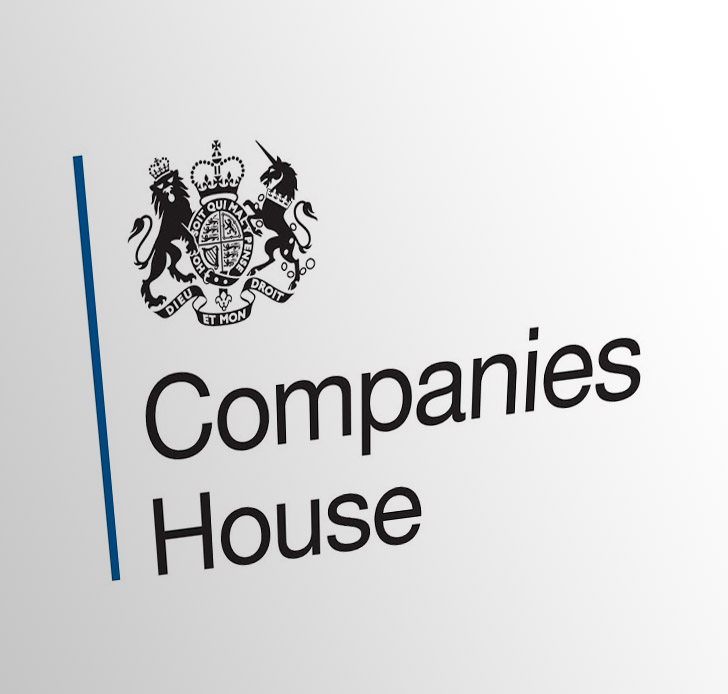Companies House Reform

Having announced measures to verify the identity of individuals forming UK companies through the Companies House reform bill, it appears the government is now taking money laundering seriously, writes Michael Harris, director of financial crime compliance at LexisNexis Risk Solutions.
There is no doubt that the proposed Companies House reform is a positive move, especially given that the National Crime Agency estimates that money laundering costs the UK economy £37bn ($48.2bm) a year – a huge sum that indicates there is still much to do in the fight against financial crime.
The new Companies House rules come in amid proposals from the Government to introduce a £100m Economic Crime Levy on companies – on top of the existing National Crime Agency budget of £478m – to tackle money laundering. But it remains questionable whether introducing identity checks on their own is enough.
Criminals are well versed at stealing or creating identities, and if necessary, fraudsters can purchase them on the Dark Web. This raises the question as to whether wider-ranging measures are needed to truly curb the abuse of limited companies, trusts and partnerships for criminal activity.
Inadequate barriers
Simple ID verification is something of a blunt tool in this scenario. Criminals could simply steal an identity to register a company with fictitious directors, which is then quickly passed on to new owners down the line. More comprehensive measures such as enhanced due diligence, including the identification of politically exposed persons, sanctions and adverse media, would be more targeted measures, and should be investigated as potential additions to the new rules.
As well as ID checks, there is a good argument for running checks on the directors of new companies against sanctions lists, terrorist lists and checks for human trafficking links, as there are numerous examples of individuals in these categories becoming directors of UK companies. Existing data and technology solutions would ensure that these checks are done quickly and effectively.
Plus, even if the threat of ID verification discouraged all criminals from registering companies in the UK, the logistical challenge of confirming all the identities submitted remains. Companies House admits that it lacks the resources for such a task, meaning the publication of details about legitimate businesses could be delayed and mistakes could be made.
Deeper analysis
Most would agree that discouraging money laundering through misuse of corporate structures is better than doing nothing, but there are still questions around how ID checks will be done, and how Companies House will ascertain that documents were actually sent by the named individual.
Perhaps a risk-based approach would be a better solution, whereby further checks would be triggered in relation to certain criteria, such as a named director being from a high-risk country, or being part of a higher-risk sector such as oil, gas and minerals.
Furthermore, lack of transparency in corporate registries in Britain’s Overseas Territories is a long-standing issue that has continued to damage the UK’s credibility as a warden against financial crime and corruption. However, it is fair to say that identifying beneficial owners – the individuals who ultimately reap the rewards from a company’s operations – is often difficult.
All too often, financial criminals create complex corporate structures, covering multiple jurisdictions, enabling them to move illicit money around the world without detection, and therefore making it difficult to identify the actual owner.
The vital role of accountancy firms specialising in company formation services cannot be understated. A greater level of due diligence on clients and asking questions may well reveal when such structures are potentially being used for illicit purposes. Similarly, improvements are also being made to the Persons of Significant Control (PSC) register in order to help better identify when fraudulent activity may be occurring.
However, while the PSC regime aims to promote good corporate behaviour and deter illicit activity, a 2019 post-implementation review acknowledged that despite demonstrable progress, there were concerns over the reliability of the PSC register. Accuracy and checking of data on new companies is therefore crucial. The revised money-laundering regulations require firms to report discrepancies, which will improve the quality and quantity of PSC data.
Fail to prepare, prepare to fail
The recent FinCEN files – a cache of leaked documents covering $2trn of potentially illicit banking transactions – show that the UK still has far to go in the fight against dirty money. More than 3,000 UK firms were named in the FinCEN files, the highest number of any country. As a result, FinCEN now deems the UK a ‘higher-risk jurisdiction’ in relation to financial crime, on a par with Cyprus.
Reading the FinCEN revelations, it would be easy to be discouraged by the UK’s unenviable international reputation as a centre for global money laundering. But, beyond the headlines we see a far brighter picture. The problem is undoubtedly widely recognised, and in recent years we have seen policymakers, financial services firms, regulators and law enforcement introduce a variety of measures and partnerships to tackle the underlining causes of financial crime.
The industry is also realising the vital role data and technology can play in the battle against fraud, money laundering and terrorist financing, particularly how analysing patterns in data can help us learn more about fraudulent and suspicious activity, and catch bad actors in their tracks.
By working together, raising awareness of the issue, and utilising the best available technology, we can really start to crack down on the UK’s widespread and deep-rooted money-laundering problem.
Article credit: http://www.theaccountant-online.com/comments/financial-crime-do-the-uks-new-measures-go-far-enough-8357292
